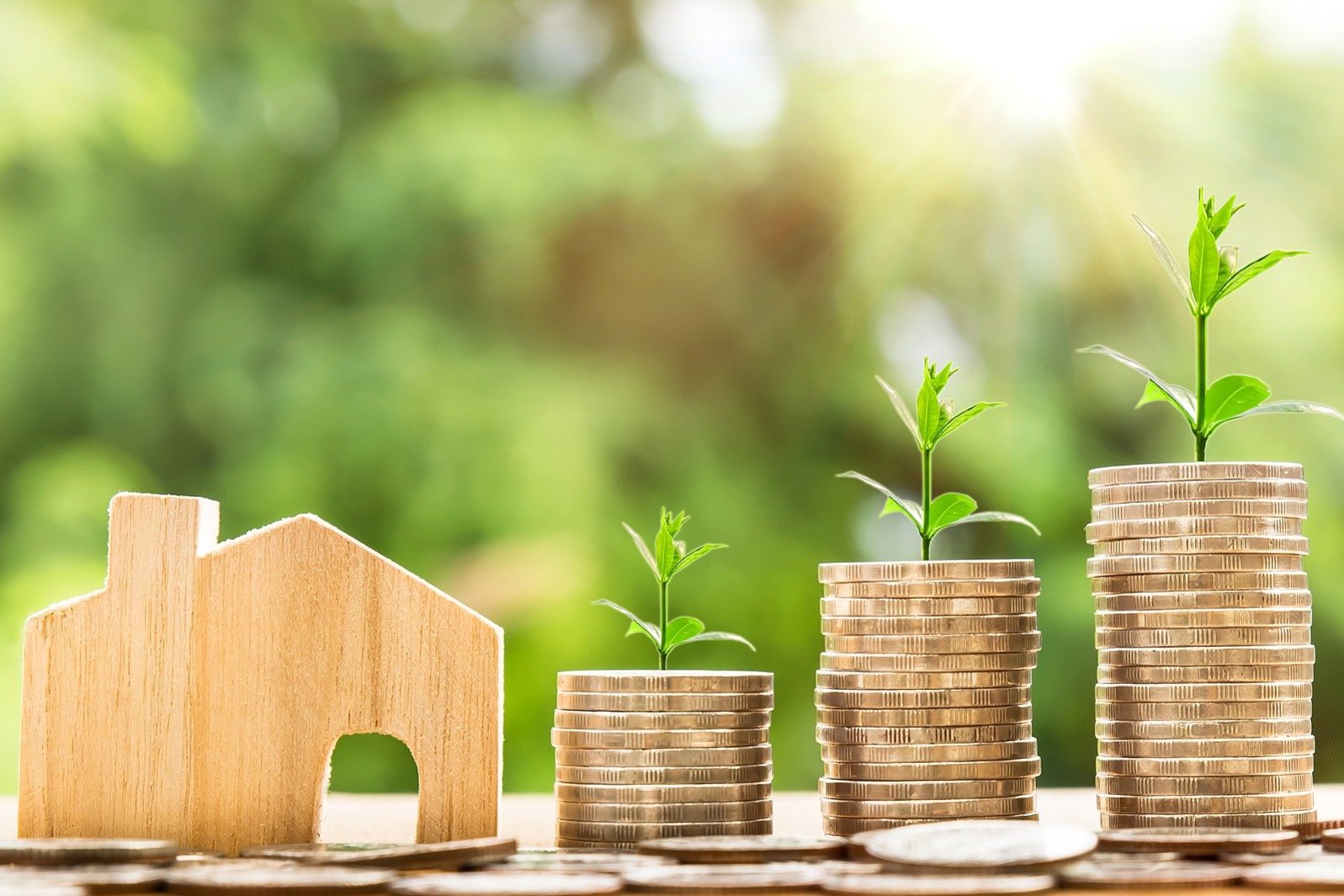Why you should invest in UK Property. And a few reasons why you shouldn’t.
Posted on 1st January 2021 at 16:52
If you’re looking for somewhere to invest your hard-earned savings, property can often seem like the ideal solution; bricks and mortar provide a safe investment opportunity with a guaranteed profit, right?
As with any investment opportunity, property does come with its own inherent risks.
If the idea of buying property as an investment strategy is a tempting prospect, there are a few things that I’ve learned throughout my career in property investment that may be of value to you and which you should be aware of.
I do not want to put you off the idea of investing in UK property, but if you’re going to go it alone, I think it’s worthwhile going in with your eyes wide open. It is important, with any investment, to understand the pros and cons, the advantages and pitfalls, the rewards and potential penalties.
The attraction of investing in property
I have been investing in UK property since I was 25. I enjoy the rewarding feeling that I get when I turn a tired, unloved property into a beautiful, safe and affordable home for young tenants at the start of their promising careers. This objective, along with the desire to make a healthy profit, gives me a clear vision and set of values that guide any property investment decisions that I make.
You may have different motivations for making an investment in property (read my article on Investment Strategies).
Whatever your motivation or reasons for making an investment, here are some good reasons why property, and UK property in particular, offers good opportunities for an investor:
The value of a property usually increases over time, making it a good long-term investment as well as a source of regular rental income.
A current – and increasing - lack of supply and an increase in demand is creating a tangible need for more rental properties.
By investing in the right location, demographics and property type, you can find a property investment which gives a good instant return whilst being low risk.
A long-term investment in property can mitigate the effects of inflation, as its value increases along with the rental income amount.
Property diversifies your investment portfolio, allowing you to better manage, or even reduce, your risk.
Lower interest rates make borrowing more attractive, as the cost to borrow decreases along with the interest rate.
The dangers of property investment
As with any investment, there will be inherent risks involved. It is important to, and I would advise you to, consider the possible risks, particularly within the context of your individual situation. The risks or dangers of investing in property mentioned below can negatively impact your investment, making it less tax- or time-efficient than originally assumed.
The law
If your intention is to become a landlord, there is a lot of legislation you need to be aware of and abide by.
Failure to do so can result in serious fine or even prison.
Time
Making a profit from property investment rarely happens overnight.
Property investment is not a route to very quick returns; ideally investing in UK property suits the mid- to long-term investor.
Managing a rental property, or a portfolio of properties, can be incredibly time consuming, especially if you’re doing it on your own without a property or investment manager
Costs
Any property ownership will incur ongoing costs, like maintenance, repairs and administration; that is just the reality of property ownership.
But property also incurs substantial initial costs, before you see any return from your investment, such as conveyancing fees and stamp duty – not to mention the purchase price or mortgage deposit.
Cashflow
If you are investing in property through a buy-to-let method, especially single occupancy, there can be substantial risk if the rental income provided is not enough to cover the ongoing costs of ownership, such as mortgage payments. If the property is left vacant for any period of time, the return on your investment could be substantially impacted.
Similarly, if you are investing in property through renovation, building from the ground up, or any other form of investment requiring construction work, you need to ensure that the projected costs will not exceed your budget, as this will also negatively impact your return. Construction costs often have a habit of mounting, especially when you’re not keeping a close eye on them.
Insurance can mitigate some of these risks, as can good employing a good property or project manager.
Tax
The taxation of capital gains and rental income from properties can be a challenge to understand, made worse by regular changes in the tax treatment of property investment. For example, by the end of the current tax year your ability to offset mortgage interest payments against profit on a property held in your own name will be completely phased out. Instead, tax relief will be given as a reduction in tax liability rather than a reduction of taxable rental income and will be set at the taxable basic rate.
There is also an additional 3% Stamp Duty Land Tax for second properties to consider, along with various other taxes with the potential to eat substantially into any profit you make from renting or selling property. This all needs to be factored into your income forecasts.
Unless you are a qualified accountant and/or tax expert, I’d strongly recommend you employ a suitably qualified professional to handle this for you.
Hard work
If you are investing in property by yourself, without any substantial assistance, it will be a lot of hard work. Sorry to tell you this, but it really is – I know this from first-hand experience. You will need to do your research into the area you are going to be investing in to maximise your potential return on investment. You will need to oversee all the building work as it happens, keeping a close eye on the costs, in order to keep within your budget. If renting, you will need to find the right tenants for your property, or incur extra costs by using a letting agency. You will need to liaise with these tenants for the duration of their tenancy, to make sure both your legal obligations are adhered to, and that their reasonable requests are met. There are a multitude of different things that will require your attention, time and, especially, your effort for the duration of your investment. So yes, without help and extra costs, investing in property is hard work.
But that is not to say that it is not rewarding!
Investor Beware
My advice to anyone considering investing in property is to do what I did; do your homework thoroughly.
I’ve found property development to be exciting and rewarding but, like anything else that’s worthwhile, it comes with risks, costs and at the price of hard work – there is no such thing as a free lunch.
If you are still interested in making an investment in UK property, first seek advice from a financial expert or from someone with experience in developing a property portfolio as an investment. Knowing the potential pitfalls and understanding how you can mitigate against their effect from the start can help you achieve the results you are looking for.
And, of course, if you’re looking for a reliable investment partner that can earn you substantial return on your investment, whilst allowing you to learn along the way, get in touch with JIMENY.
Share this post:



